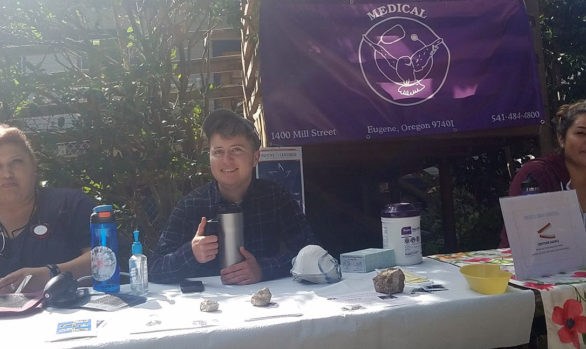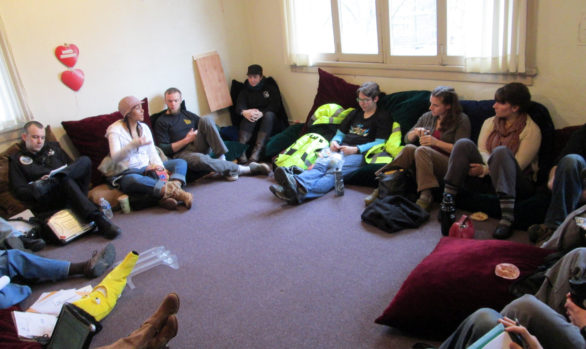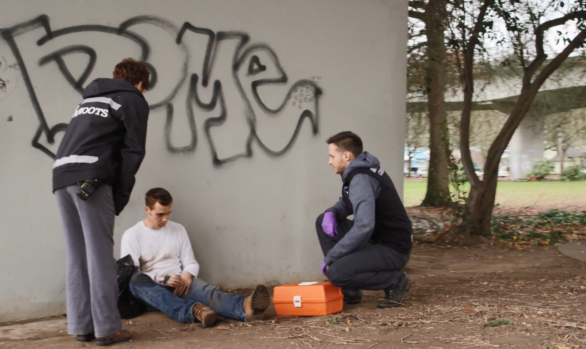Mental Health Wellness for Youth
Community TrainingWho: For 8th to 12th Grades
What: A lecture and small group discussion targeted at youth on the topics of crisis and suicide that highlights interpersonal skills-building and self-care, peer support, and available resources. Cahoots uses data from its work in the field that breaks down reasons why adolescents experience suicidal ideation and barriers to reaching out for support. We address these issues and the feelings behind stress, isolation and hopelessness in small group discussions using scenarios, which we then debrief as a class. We discuss what “help” looks like, and ways to influence each other positively while taking care of ourselves at the same time.
When: This is preventative mental health. As with any sensitive topic, it is best to present during times of relative stability, and in a safe environment. That said, Cahoots does also do crisis response in school settings, and is happy to come out to your school and assist in providing safe space after a completed suicide, and to talk to students individually or in groups about grief and loss.
Where: The best practice for our suicide prevention/crisis de-escalation presentation is set within the curriculum of a health class while the topic of mental health is being addressed. We are happy, however, to accommodate the needs and resources of your school population if that looks different for you.
Why: CAHOOTS works in the field of mental health and crisis. We respond to the completed suicides and many of the suicidal subjects in Eugene and Springfield. We perform suicide risk assessments for the police, and have a wide experience with depression, anxiety, and severe mental health issues, such as psychosis. We also do family mediation and disputes, and have close ties to services for adolescents and their families, and for mental health services within our community. We also realize that the system is sometimes not the best solution in a crisis, and that peer support and family support can be helpful as well. We feel that student populations benefit from knowing more about what is happening for them during a crisis, what to look for in others who are in crisis, what is available to them and how they can help themselves and one another.



